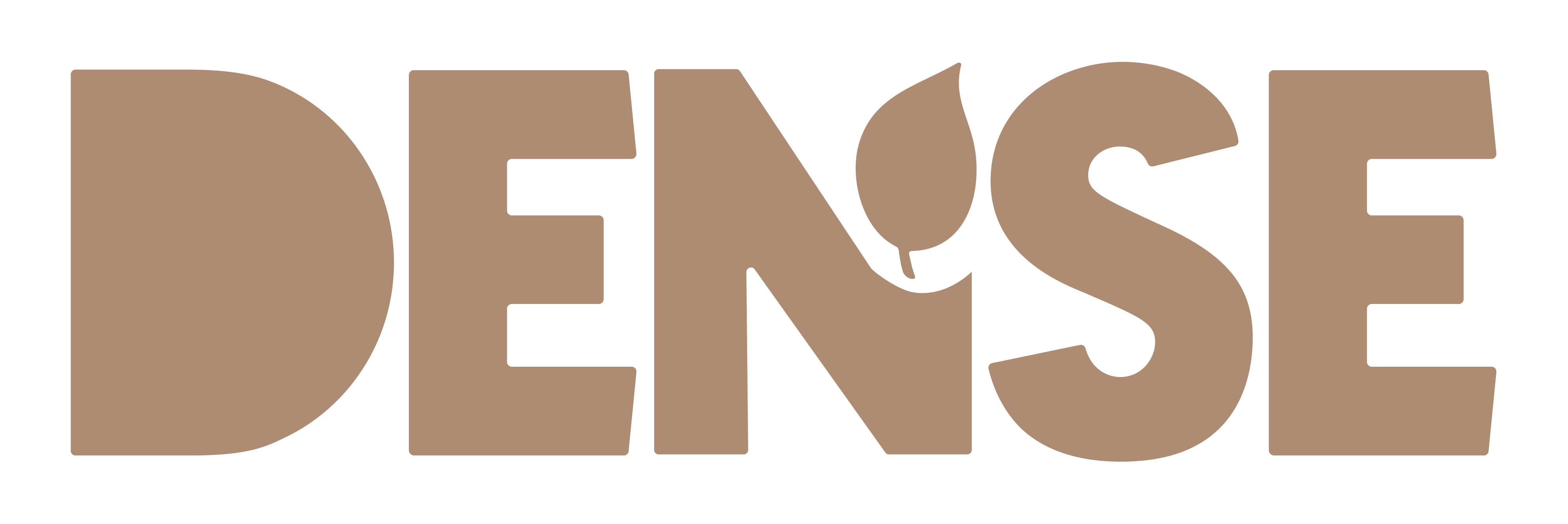Collagen is a structural protein that primarily gives strength and support to skin, bones, cartilage, tendons, and connective tissue.
Your body makes collagen naturally, but the production gradually declines with age. At the same time, the collagen you already have will start to break down. This process is a natural part of aging, and it’s a big reason why collagen supplements have gained so much attention.
But how do supplements with collagen peptides really help, and are they actually worth taking?
What Is Collagen?
Collagen is a protein that forms a major part of the body’s structure, including skin, bones, cartilage, and connective tissue. In supplements, collagen is typically sourced from bovine or marine tissue and broken down into smaller chains of amino acids called collagen peptides. These peptides are easier to digest, as whole collagen molecules are too large for the body to absorb efficiently.
It’s naturally rich in amino acids, like glycine, proline, and hydroxyproline — the main building blocks that make collagen strong and flexible. Glycine is the most abundant, proline is important for the structural framework, and hydroxyproline is almost exclusively found in collagen, helping to stabilize its triple-helix structure.
Why Collagen Is Popular
Collagen levels gradually decline with age, which affects the structure of skin, bones, and connective tissue. Besides age, collagen breakdown can be affected by UV light, stress, and diet. Collagen is also a structural component of hair and nails, which is why it’s commonly included in people’s routines.
Back in the day, people consumed collagen-rich connective tissue, cartilage, and bones as part of their diet. In modern eating habits, these parts are often discarded in favor of leaner cuts, and convenience has become a priority. Collagen supplements offer a simple way to reintroduce collagen into the diet. By breaking down collagen from animal tissues — usually from bovine or marine sources — into smaller peptides, you get a fine powder that’s easy to digest and incorporate into your daily routine.
How to Include Collagen in Your Routine
Collagen supplements often come as a soluble powder that’s easy to consume daily. Due to its neutral flavor, you can add it to both sweet and savory dishes. For example, you can add it into smoothies, stir it into yogurt or soups, or mix it with your favorite beverages. Typical serving sizes range from 10-15 g, and because collagen is primarily protein, it can also contribute to your daily protein intake. Some brands sell collagen as capsules, but they often contain less collagen per serving. DENSE Pasture-Raised Collagen is a high-quality bovine collagen powder, providing 13 g of protein per serving.
Are There Alternatives to Animal-Based Collagen?
Since collagen has a unique amino acid profile that other proteins can’t fully replicate, alternatives are limited. If you want the collagen to come from a source that’s as natural as possible, animal-based bovine or marine collagen is the most reliable option. However, your body can produce its own collagen, and vitamin C plays an important part in that process. Including vitamin C-rich foods in your diet can help support your body's collagen production. Keep in mind, however, that collagen production naturally declines with age.
Bovine vs Marine Collagen
There are several types of collagen in your body, each with their own role. The most common types used in supplements are I, II, and III. The collagen source determines which types are present in a supplement, and people often choose a source based on which types it naturally contains more of. Bovine collagen is typically made up of type I and III, while marine collagen is mostly type I and II. For reference, type I and III collagen are abundant in skin, hair, nails, bones, and connective tissue, while type II collagen is found primarily in cartilage.
Collagen Supplements vs Collagen in Skincare
Some people turn to collagen products due to concerns about skin appearance and wrinkles. But there’s a difference between collagen you ingest and collagen you apply topically. Collagen molecules are too large to be absorbed through the skin and rebuild collagen, so topical products mainly provide surface hydration.
In contrast, collagen peptides in supplements are broken down into smaller amino acids that are easy to digest and absorb. While research is still ongoing, some studies suggest that collagen supplementation may help support skin hydration and elasticity [1]. However, more evidence is needed to confirm these findings.
Conclusion
Collagen is an important structural protein of skin, bones, cartilage, tendons, connective tissue, and more. The body’s own production of collagen declines with age, and the existing collagen gradually breaks down. There are several types of collagen, but the main ones found in supplements are type I, II, and III. Skin, bones, and connective tissue contain a lot of type I and III, while type II collagen is mainly found in cartilage.
Supplements with collagen are mostly sourced from bovine or marine sources — bovine collagen is abundant in type I and III, while marine collagen mostly contains type I and II. They usually come in powder form, where the collagen has been hydrolyzed into collagen peptides, making it easy to mix with food and beverages. Taking collagen provides your body with the amino acids that make up collagen — glycine, proline, and hydroxyproline — in a convenient, digestible form.
DENSE Pasture-Raised Collagen is a bovine collagen powder that provides collagen peptides in a convenient form with a neutral flavor, making it simple to incorporate in your daily routine.
👉 SHOP COLLAGEN PEPTIDES
References
- Pu, S.-Y., et al. (2023). Effects of Oral Collagen for Skin Anti-Aging: A Systematic Review and Meta-Analysis. Nutrients. https://pmc.ncbi.nlm.nih.gov/articles/PMC10180699/

